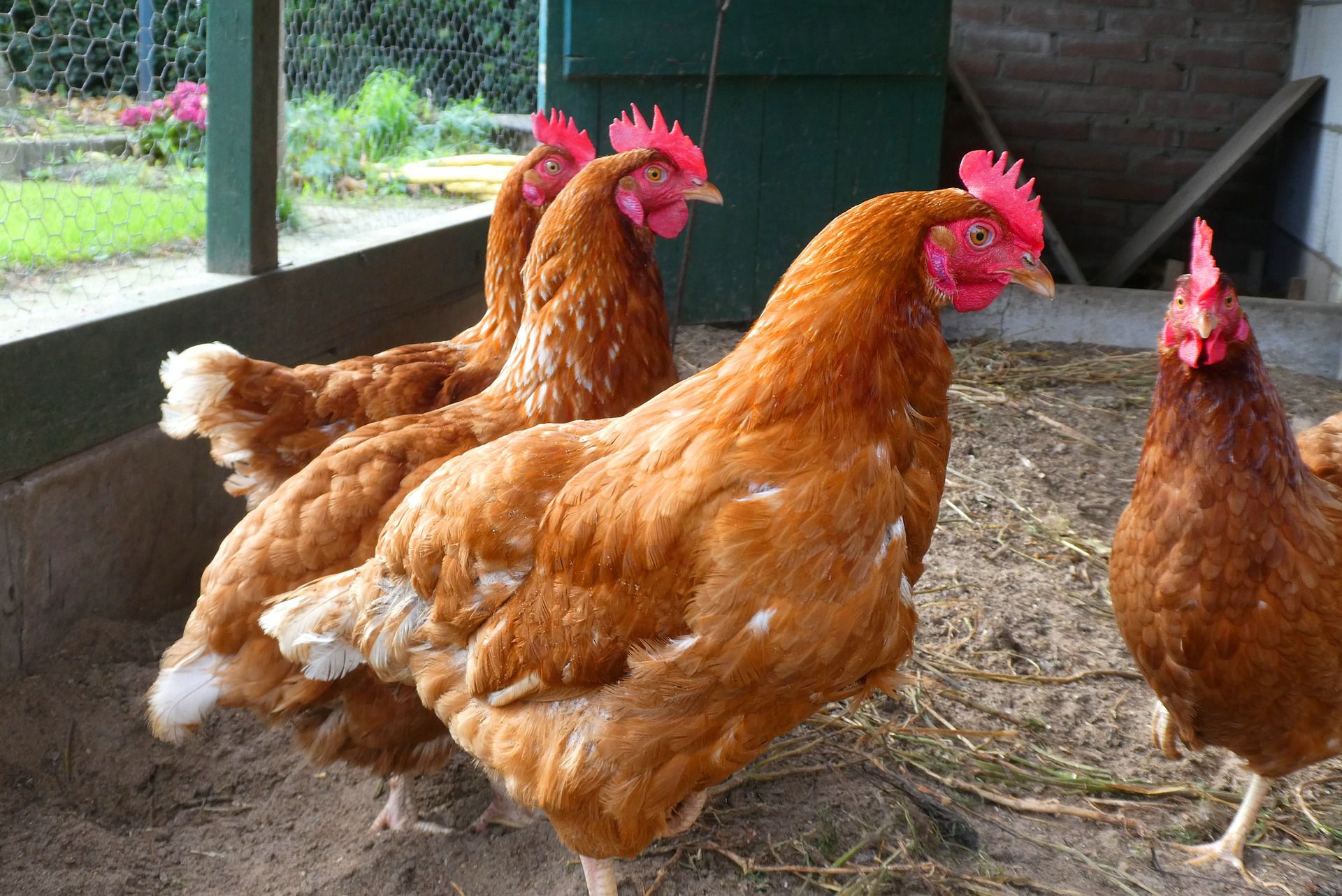Cracking the Dilemma of Raising Backyard Chickens
Author
Published
5/13/2023
In challenging economic times, many people ponder the purchase of chickens as part of their domestic safety net. Successfully raising chickens, however, requires thoughtful consideration and research. It is distinctly different than stocking up on food storage and bottled water.
“As a veterinarian, I have seen birds that are not properly cared for,” said David Frame, Utah State University Extension poultry specialist. “Most of this is simply due to lack of knowledge and is seldom caused by willful neglect, but it is important to do your homework to understand the responsibilities, costs, and equipment needed to raise backyard chickens.”
Frame said raising chickens at home to produce eggs and meat is tied to a considerable economic investment. Proper housing and rearing areas need to be constructed, electricity is needed for lighting, and an effective heat source must be available for brooding chicks. There is also the investment in feed.

“To produce a dozen eggs, approximately four pounds of feed are necessary,” Frame said. “This does not include the additional feed required to grow the hens to reproductive age. The larger the chicken, the more you will pay in maintenance costs. All things considered, it would indeed be rare that home-produced eggs and poultry products would prove to be more economical than purchasing eggs and fryers from the supermarket, even at today’s higher costs.”
Frame said there are many reasons people want to raise chickens, even knowing the costs, but there are things to know before purchasing a flock. Here are eight important considerations:
- Check with city/county ordinances and HOAs regarding raising poultry to ensure it is feasible in your location.
- Research, purchase, and set up all proper equipment. Learn about necessary equipment and feed requirements before you purchase the chicks.
- Buy chicks from National Poultry Improvement Plan (NPIP)-certified sources only. This certification assures that breeder flocks have been rigorously tested to be found free of specific devastating egg-transmissible diseases. Most commercial wholesalers who sell to reputable feed store chains are NPIP-certified.
- Be sure you have adequate outdoor space and shelter for the chickens once they are fully feathered and are moved out of the brooder. Provide at least two feet of floor space per bird in an enclosed coop.
- Provide plenty of clean, fresh water, and feed your chickens a nutritious diet based on appropriate commercial feed.
- Protect the chickens from rats, mice, raccoons, skunks, and other creatures. Do this by enclosing the birds at night in a well-constructed coop with tight-fitting doors, windows, and a floor impervious to digging. Keep feeders and waterers off the floor. Maintain a perimeter around the coop of at least six feet that is clear of weeds, junk, and other debris that could harbor rodents.
- Be a good neighbor. Ensure your chickens are confined to your yard and cannot enter neighbors’ yards or gardens.
- Protect your chickens and yourself from possible diseases. Keep wild birds out of the coop. Wash and disinfect hands before and after gathering eggs. Do not keep chickens in the house or let children cuddle them. Do not let neighbors and others come to see your chickens – especially if they have chickens of their own.
Frame concluded that raising chickens can be a fulfilling endeavor, but be sure to do your homework so you are fully aware of the costs, space requirements, and responsibilities.
Editor's note: One proactive strategy USDA's Animal and Plant Health Inspection Service division (APHIS) has taken to promote poultry health is implementing its Defend the Flock education program. This program offers free tools and resources to help anyone who handles poultry to follow proper biosecurity practices. APHIS provides resources such as videos, webinars, posters, workbooks and even games and activities in the Flock Defender Toolkit. The toolkit guides producers through protecting their flocks by preventing wildlife access, reducing food and water sources that are attractive to potential carriers of the virus, and disposing of carcasses in ways that do not attract predatory birds.
Want more news on this topic? Farm Bureau members may subscribe for a free email news service, featuring the farm and rural topics that interest them most!
